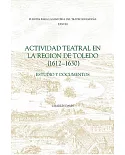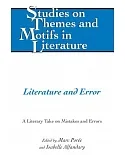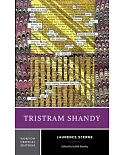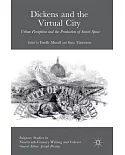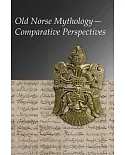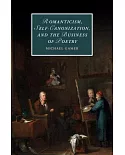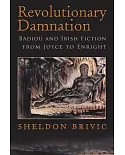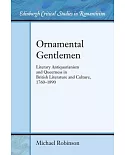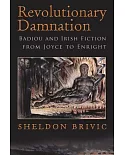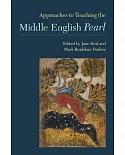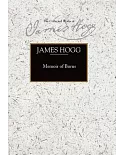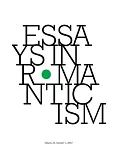This 1964 text is not a random collection of essays, but a book on a single theme. Written by separate hands, mainly by literary critics at Cambridge, it was planned as a whole and executed
with a common purpose: to produce the first literary study of the English moralists of the seventeenth century to the beginning of the twentieth.
The authors share two convictions: they believe that the study of literature demands an understanding of whatever moral philosophy is embodied in it; and they believe that philosophical
writings are capable of being tested by the techniques of literary criticism. In this book, such works as Bacon's Advancement of Learning, Hobbes's Leviathan, and Hume's Enquiries are viewed as
whole works, not as repositories of philosophical propositions, nor as episodes in the history of English thought.
In its range The English Mind is comprehensive enough to be read as a general survey of English moral thought: yet each chapter has that liveliness and lucidity that is only achieved when a
critic has the opportunity to write on a subject in which he feels a personal involvement. In presenting this book, Basil Willey's friends and pupils are aware of meddling in a subject which he
has made so much his own. But they have a wider purpose than to do honour to a great scholar. His work is not only an achievement in itself; it is also a foundation on which others can build.



